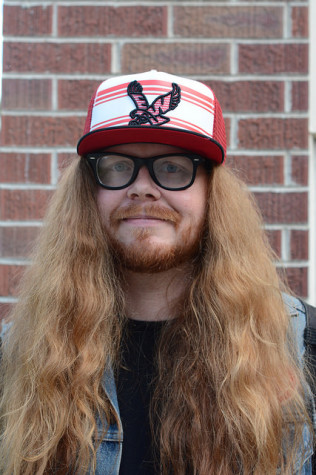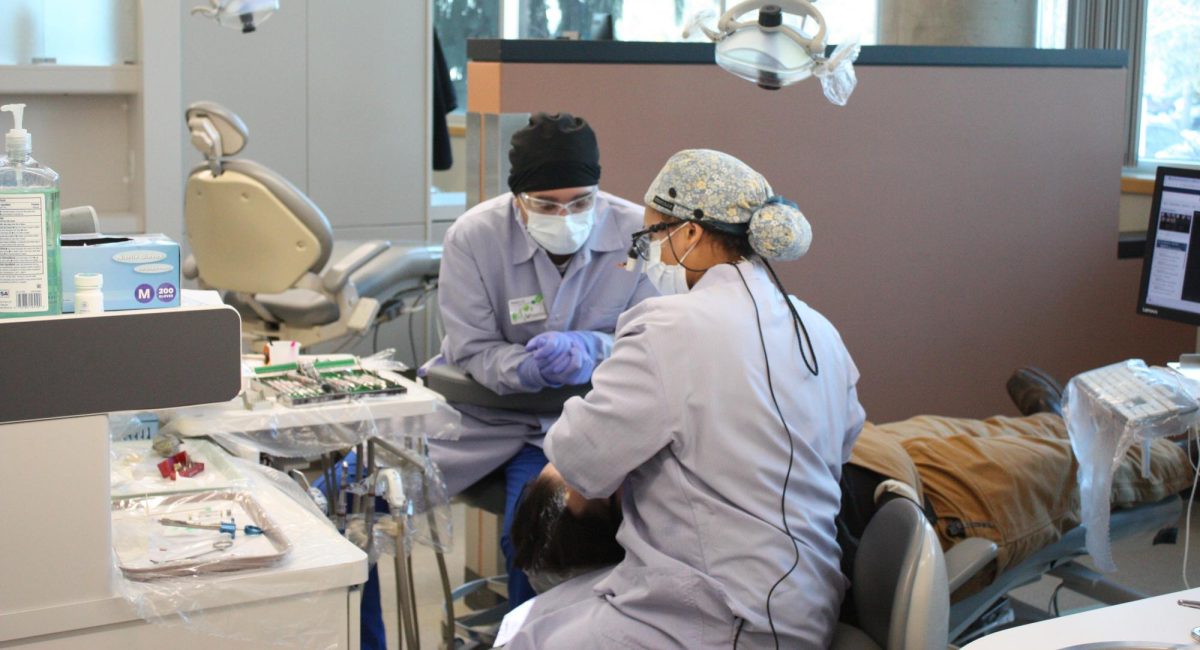Professors write new master’s program to meet students’ educational needs
November 20, 2014
In a world where a high school diploma is no longer considered enough, millions of young Americans each year, according to the National Center for Education Statistics, choose to increase their chances of success by attending college.
In the past few years, articles in the New York Times, the Wall Street Journal and even stories on major network news outlets like CBS have reinforced what many students seeking their first degree fear; the power of the bachelor’s degree is declining.
Robert Sauders, Ph.D., EWU anthropology professor and department chair of geography and anthropology, and Michael Zukosky, Ph.D., EWU professor of anthropology, said they have recognized this change. Together, they are in the process of creating a new master’s program in applied anthropology at Eastern, with the hope that they can help close this gap between the bachelor’s and master’s for their students.
“We see that the world is changing dramatically; socially, economically, politically and so on,” said Zukosky. “The world that a B.A. anthropology student is moving into is different than 20 years ago.”
Zukosky said he agrees the bachelor’s degree now is more like a high school diploma was a few decades ago; to be competitive in highly specialized fields like anthropology requires the power of a higher level of degree, such as a master’s or Ph.D.
According to Sauders, the need for the master’s in applied anthropology is obvious.
“Over the last nine years, [the department of anthropology] has done 21 interdisciplinary [master’s] degrees,” said Sauders. “So the question is, if we are already doing that work of producing graduate students anyway, why don’t we do it through a more formalized ‘real’ graduate program?”
Sauders said the interdisciplinary degree has worked by combining a major that already has a stand-alone master’s, like history, with a minor like anthropology.
Since anthropology has no master’s option at EWU, it could never be the major part of the interdisciplinary program. Two years ago, that rule was changed, but Sauders said he still did not feel it was the best way to serve the students who were looking for the anthropological training provided through the interdisciplinary master’s.
Zukosky said the new degree option will help students by giving them the skills and knowledge that will provide an advantage for Eastern students seeking a career.
“We would like to see this master’s in applied anthropology be for our own EWU graduates,” said Zukosky. “An extra boost, an extra push, a little bit of extra training and skills in provision and knowledge to better help them realize either the career they imagine anthropology can provide them. That’s the real goal.”
The process of writing a new program, according to Sauders, is tedious and multifaceted; including an external process and an internal process.
First, Sauders said there is an external process in which the professors proposed their intent to write the program to the Council of Presidents, an association of Washington’s six public baccalaureate degree granting colleges and universities. Additionally, the proposal is submitted to the Northwest accrediting body, the Northwest Commission on Colleges and Universities (NWCCU), who look at possible budget and staffing impacts.







